By Luis Tsukayama-Cisneros
Sociology PhD researcher., creator of ideas and insights, and photo-documentarist
VISUAL NARRATIVE PROJECTS
LATEST PHOTOGRAPHY
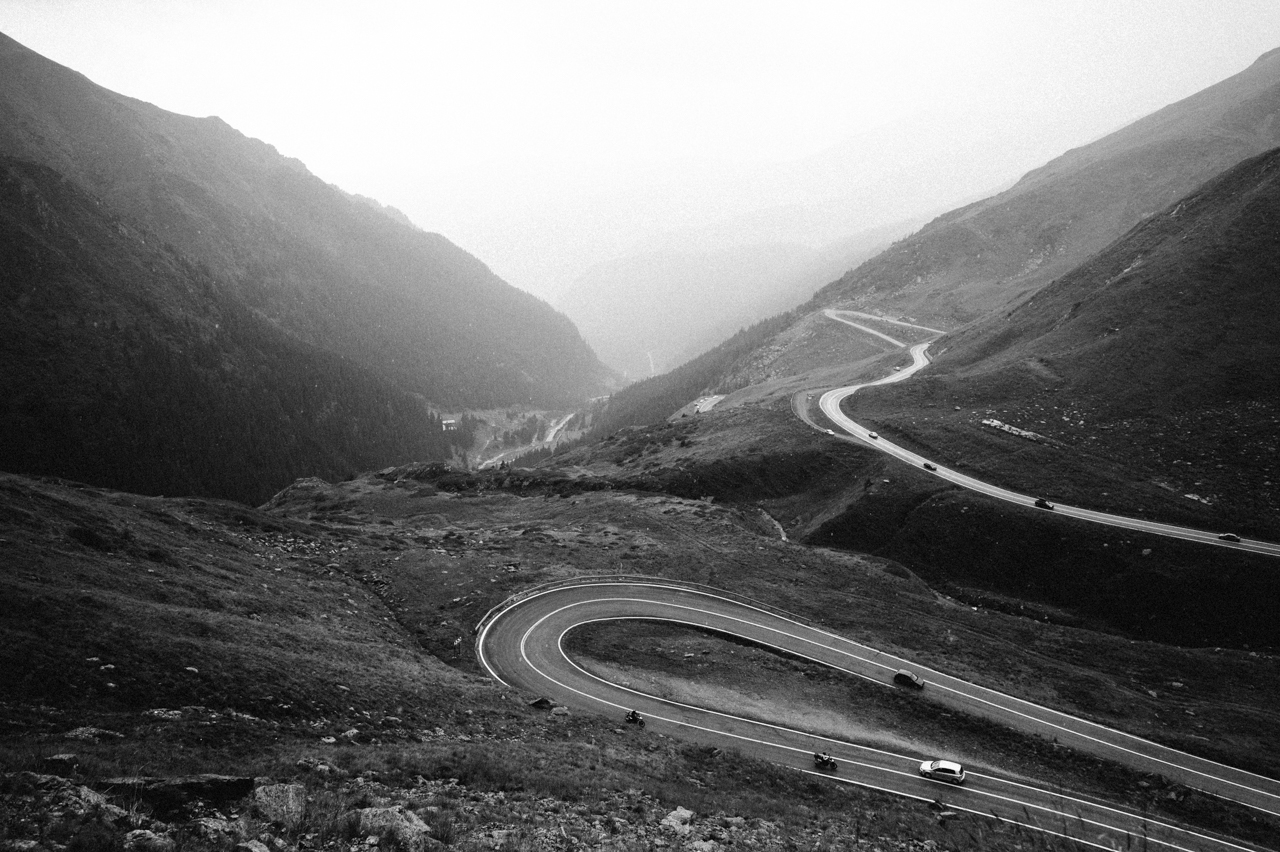
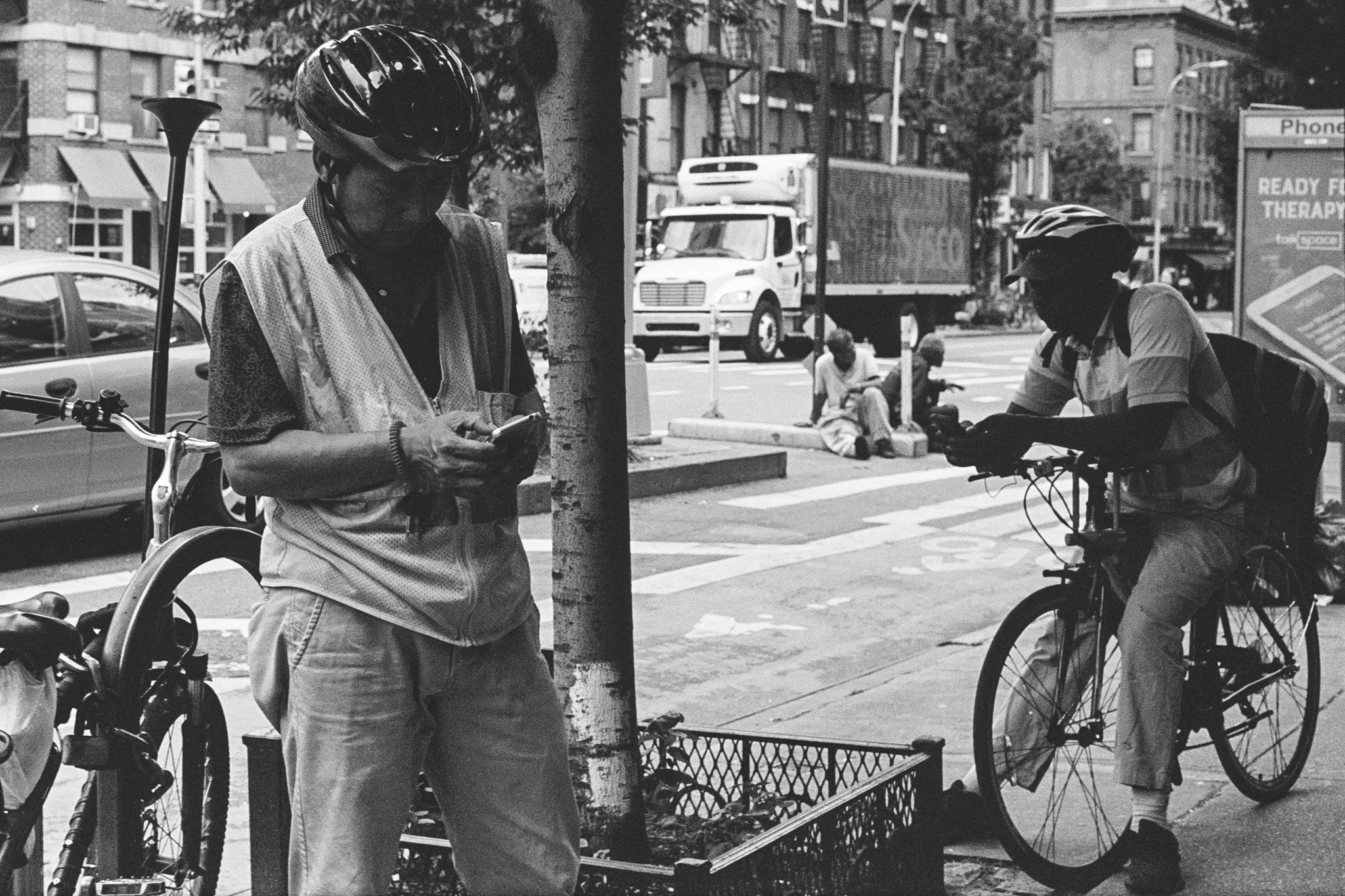
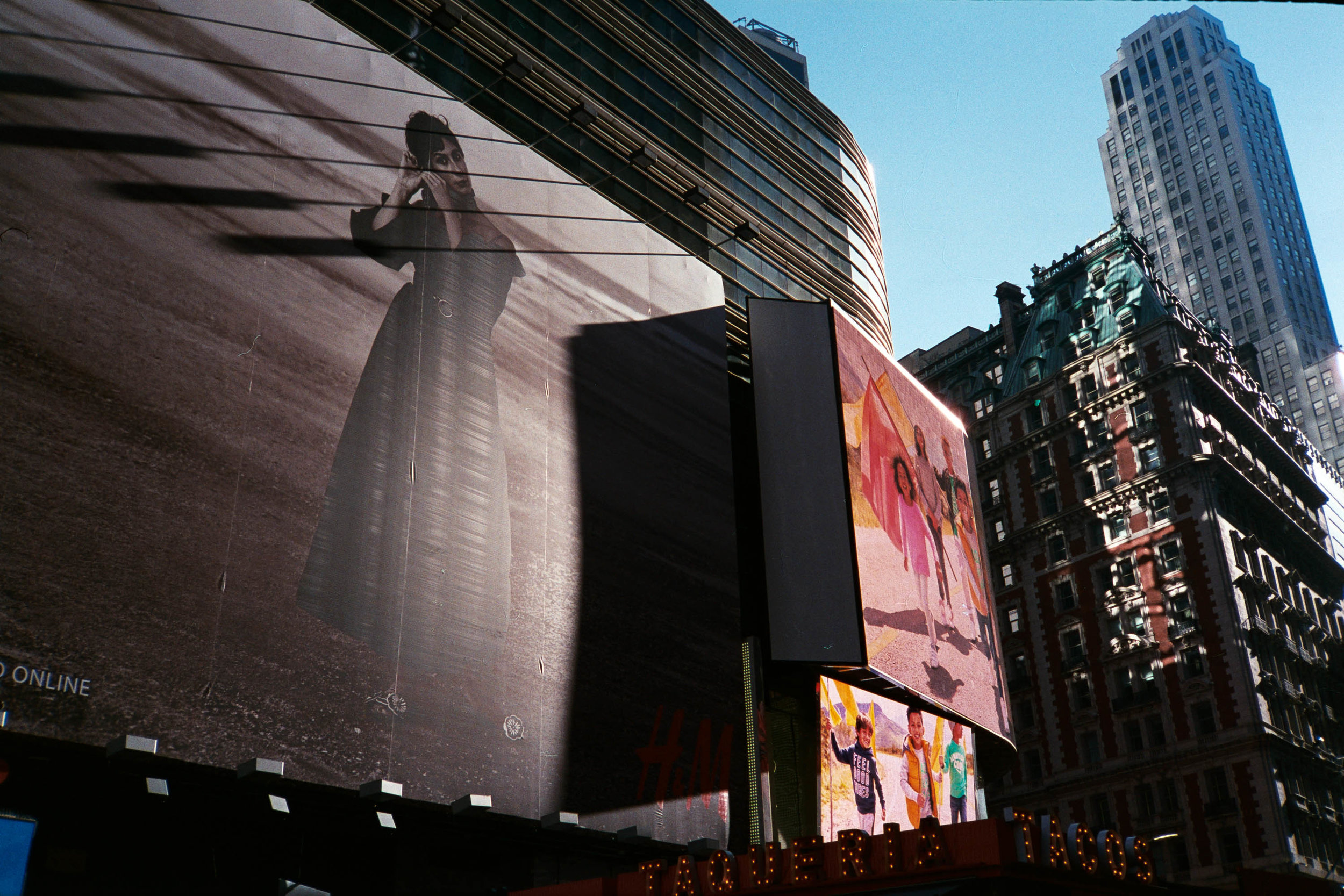

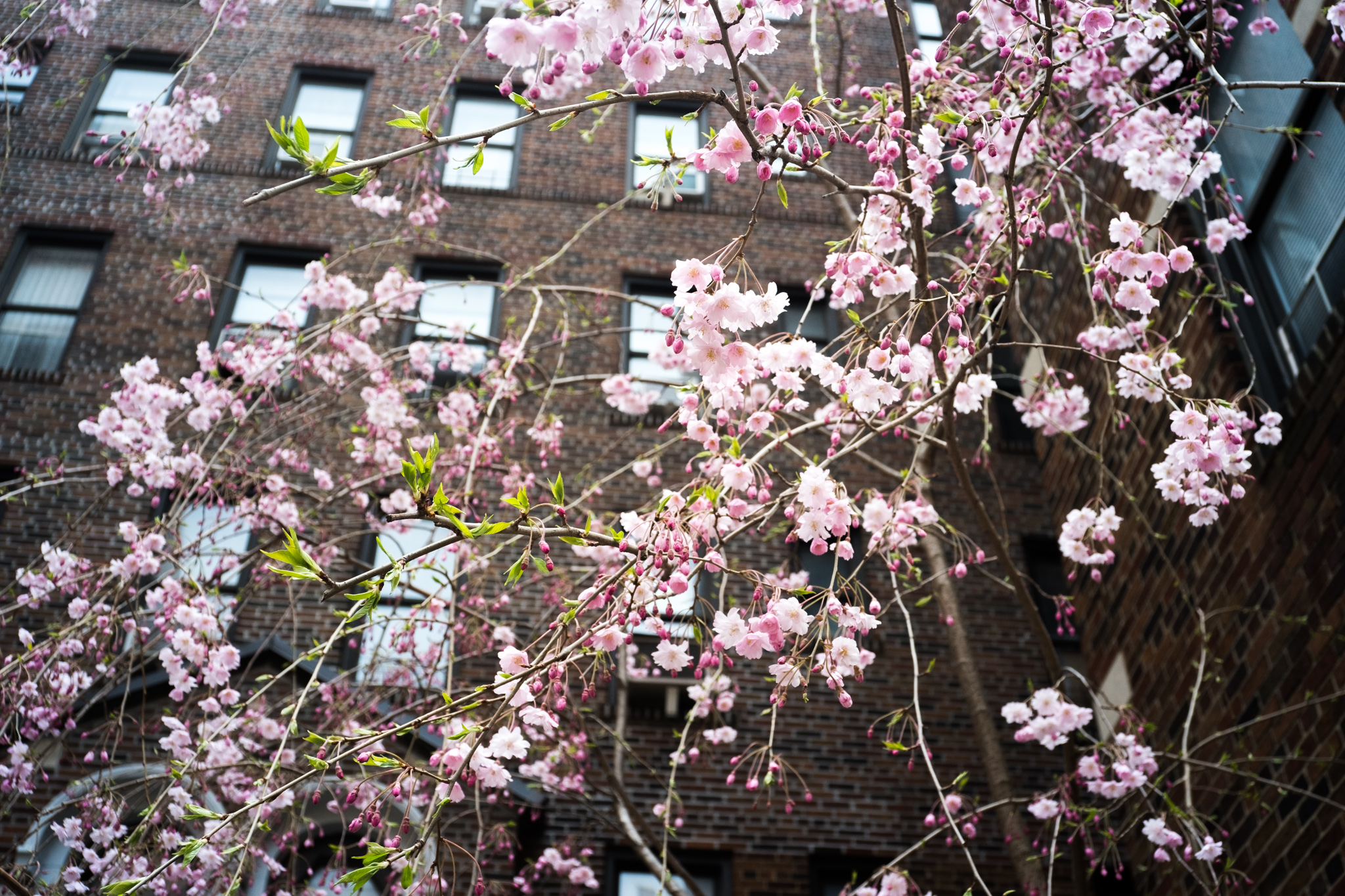

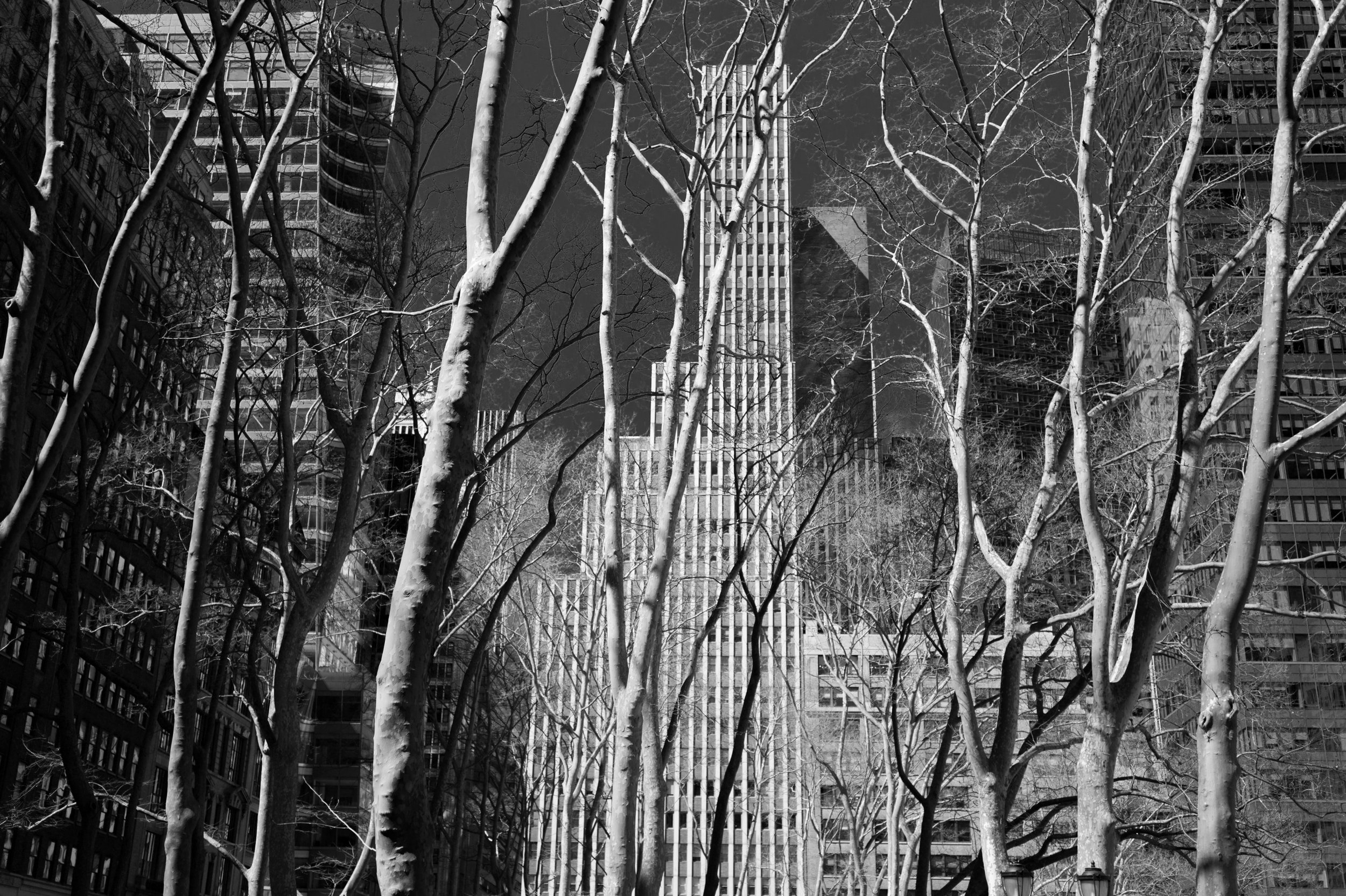
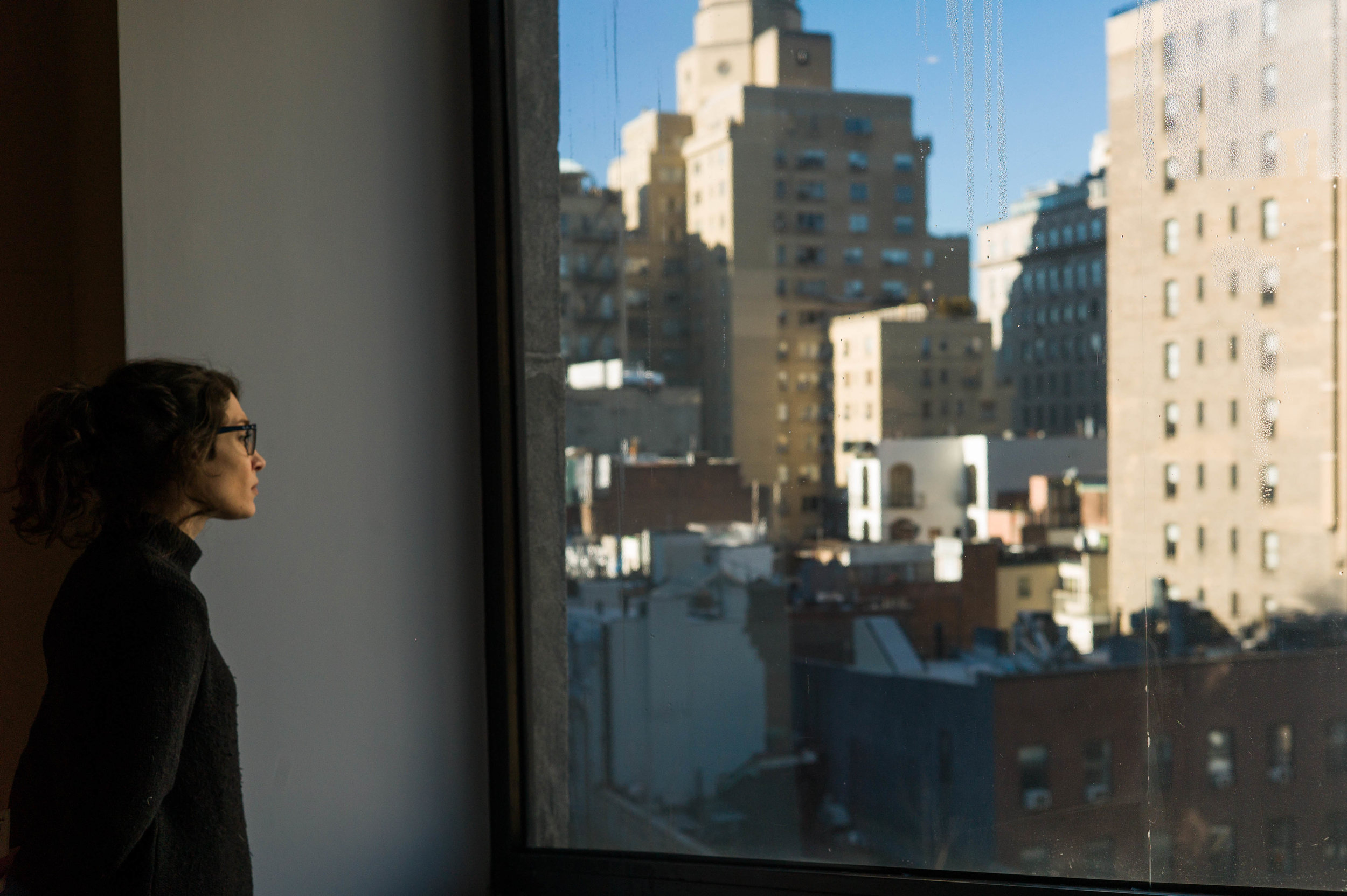

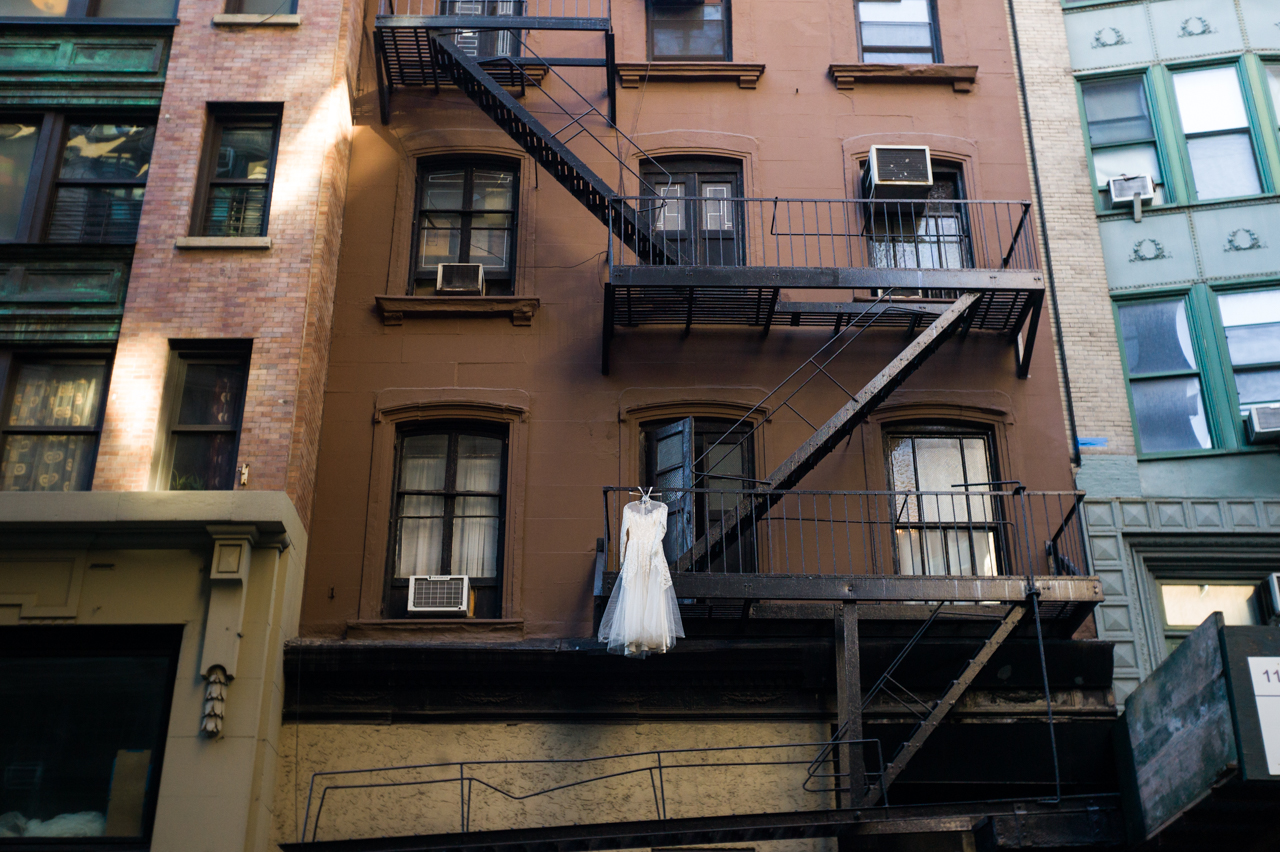


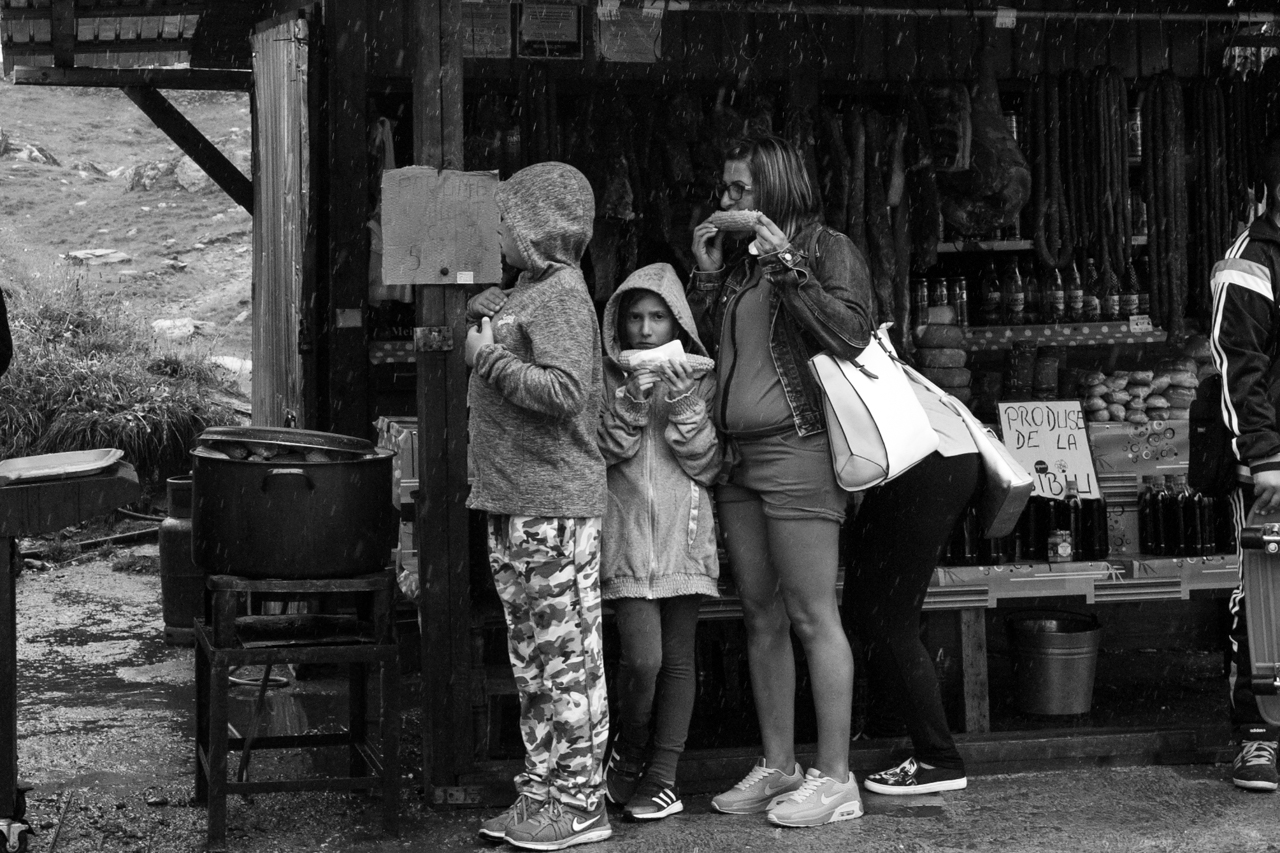

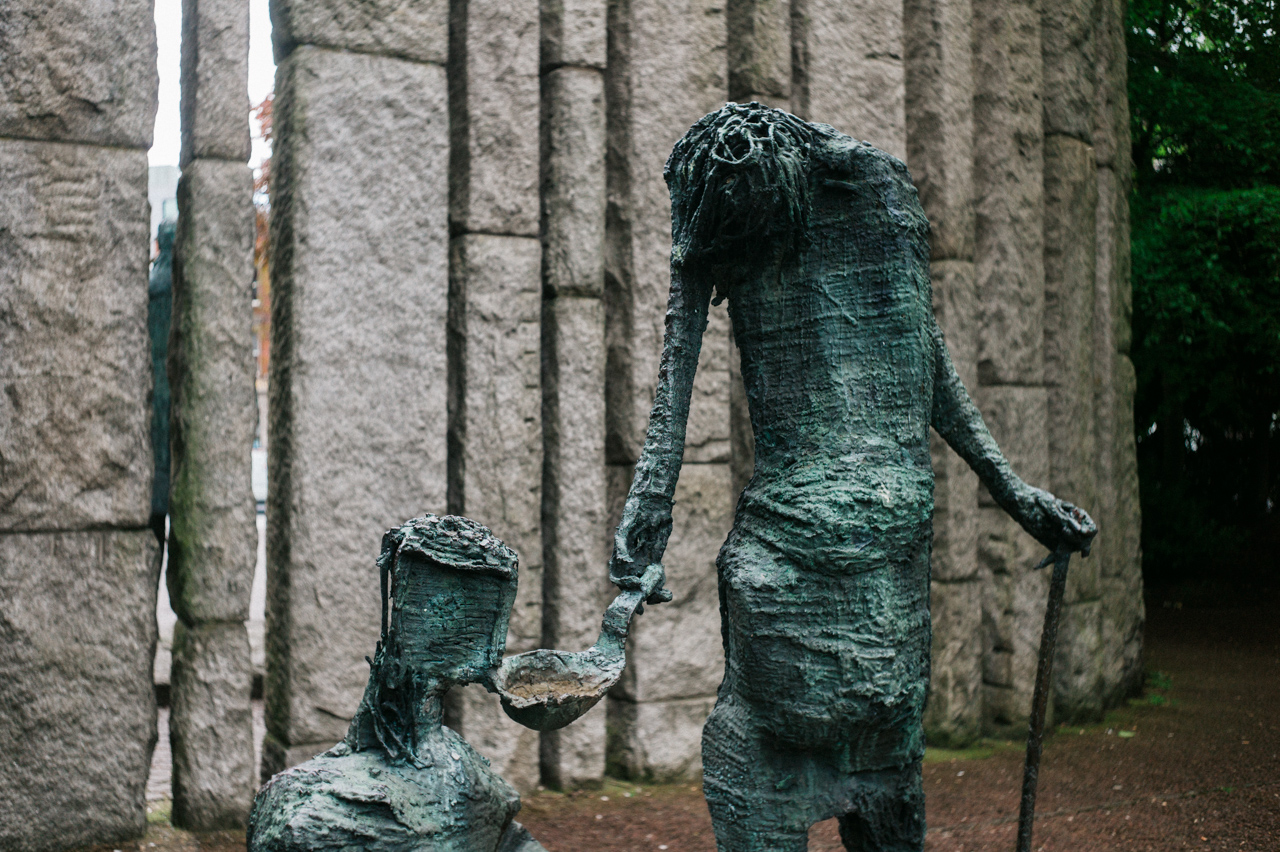
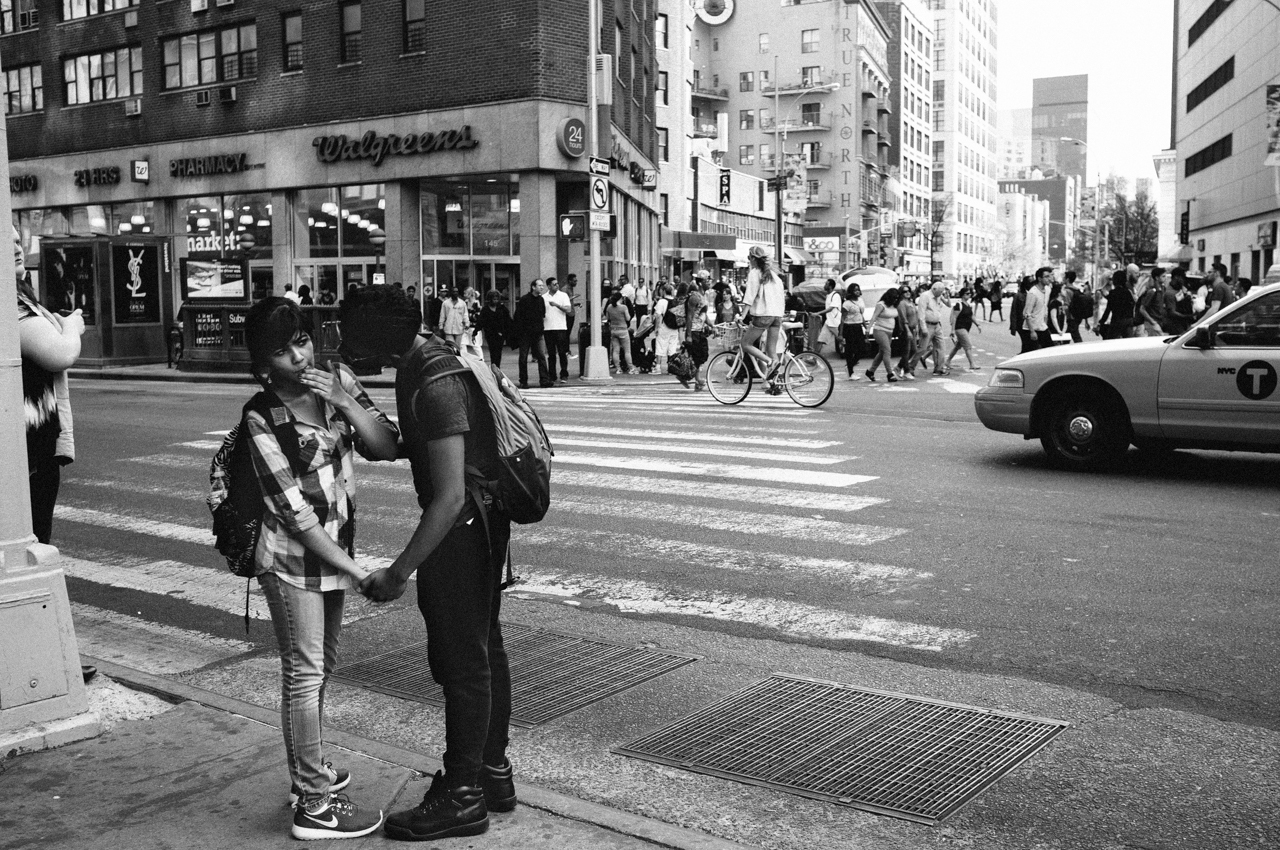
LATEST ARTICLES SOCIETY, CULTURE, PHOTOGRAPHY AND POLITICS (MY BLOG)
This is just a personal opinion: a lot of people have been saying for a few years now that contemporary music sucks, that it is not as good as music was in the 80s or 90s…. And I kind of agree with that. I listen to a lot of music, I make music, but I am also a social scientist.
I would like to announce that my first book has just been launched in Spanish by Fondo Editorial de la Pontificia Universidad Católica del Perú. “Comiendo Con El Corazón: Cómo La Comida Abre (o No) Espacios de Integración en Lima” (Eating With The Hearth: How Food Opens (or not) Spaces of Integration in Lima.”).
Here's an article I just wrote for The Centre for Conscious Design (CCD) about what democratic design is, why it's important, what it entails for design practitioners and policy stakeholders focused on cities, and why communities are so central to make cities vibrant.
Three conclusions about how the Coronavirus almos brought down the global financial system
Science has proven through new break through research how trees communicate with each other and how they are sentient beings, just like humans and animals are. Knowing more about the research being done on the topic (through an illuminating 18-minute Ted Talk) will change the way you think about how we as human beings relate to the world.
This is the best article I've read about what has gone wrong in Game of Thrones. As author Zeynep Tufekci puts it: The problem with GoT is that it went from being centered on sociological narratives to relying entirely on psychological ones.
I've been writing this article for a few days, but after Trump's speech yesterday it seems all the more appropriate to publish it now. In this short piece, I show why the marketing industry and brand strategizing should focus on immigrant populations in the US and Europe (and well, Japan and China) in order to assure continued growth in the future, despite all the mediatic "noise" that seems to say the contrary.
In this day and age of political and cultural xenophobia (and talks of walls and movement restrictions), it seems all the more urgent to show that social analysis and a solid understanding of how social processes occur are powerful tools for marketing teams and brands.
This is an article I just wrote on how brands can benefit from better understanding not only their consumer culture, but also how it is created and ever-changing. The case study I present in the article is based on a research project BAMM designed and developed for a major global sports brand.
Focusing on new directions: the intersections between social research and the field of marketing. New blog posts ahead!
This is an interesting article about curry that I’d recommend in order to see how food, culture and history intersect in things one would not normally think.
In this video, I argue why it's important to have a people-centered perspective when thinking about the way cities are designed around the world, and why public spaces are so important for this.
Public spaces are essential to city life. Public spaces are places such as plazas, parks, streets lined with things to do, where people can see other people. “Others” are not just family and neighbors, but moreover people one would not normally see in one’s own area of residence, including people from different socioeconomic backgrounds or from areas of the city different from ours. Public spaces are thus central for people to become accustomed to seeing strangers and developing a sense of diversity and civic congeniality. The district of Los Olivos (Lima, Peru) has developed as an up-and-coming residential neighborhood with lots of parks but with no real public spaces. In this article, I explore how this affects public life and people's high sense of danger and lack of public security.
What is the meaning of music to a society? Everyone has a special relationship with music, but not everyone can very clearly say what makes a song, a style or band special to someone. By looking at the cases of the two grandfathers of electronic music (Kraftwerk in Germany, Yellow Magic Orchestra in Japan), and how electronic music emerged in Germany and Japan in the 1970s, we can explore the relationship between popular music and the social, historical and cultural context in which it appears.
Whilst the case of the city of Lima is my the focus of my work, in this article I would like to focus on what civil society is and what happens when it does not exist. To do this, I would like to refer to another case in Peru, that of the cities of Puno and Juliaca, and later compare them to the case of the city of Buenos Aires, Argentina.
This is a picture taken in San Juan de Lurigancho, a populous district of Lima. These are typical street signs for businesses, or rather, “academies” and “education centers.” What they are selling is the possibility of passing admission exams at prestigious universities in Peru. What is shown in this picture might be alien to most people, but it is actually closer than what you imagine to the current state of education in places such as the United States, where the outcome of education is measured more by statistics than the happiness and wholesome growth of children.
In July this year, I worked as a photographer and personal assistant to professor Eiko Ikegami (sociology and history professor at the New School for Social Research in New York City) on a documentary the NHK (the Japanese broadcasting company, the Japanese equivalent to the British BBC) was filming about her work on people in the autism spectrum that use Second Life (the online virtual world) as a platform for support and socialization.
This is a review and commentary on "A Third Gender: Beautiful Youths in Japanese Prints" at Japan Society in New York City.
"How do we know that gender is socially constructed?" That is an interesting question in light of the fact that there is currently an intense social (and political) desire to simplify certain social categories, particularly those that make reference to gender. "Social categories" might not invoke much in everyday parlance, but they give us points of reference in almost all aspects of social life. Social categories such as those of gender (such as “man”, “woman” or “gay”) or morality (“good”, “bad”) show us that culture(s) changes over time and that what we now understand in one way depends on social, historical, political and cultural contexts.
In late December 2016 I wrote this piece for the YHouse blog. YHouse is a newly-formed New York City based organization that is dedicated to approaching the topic of consciousness from a multidisciplinary perspective that includes the hard sciences, social sciences, arts and philosophy; from the for-profit, non-profit and academic world. I started volunteering at YHouse in September 2016. There, I am in charge of photography, taking care of its blog and social media, and, as a social scientist, I occasionally write opinion pieces and commentaries. This piece is a commentary on a talk given by Doctor Piet Hut (one of the founders of YHouse) about the need to come up with new ways of understanding and researching the issue of consciousness.
May 2017 be a year of revolutions, a year of new ways of imagining. The world (of which sometimes forget we are part of) DESPERATELY needs it.
On 10 July it was Marcel Proust's birthday. I am still reading À la recherche du temps perdu (In Search of Lost Time, or Remembrance of Things Past... or A la Búsqueda del Tiempo Perdido, as I am reading it in Spanish), taking my time with it, trying to read the way the book itself shows its reality: in detail, with caution, creating a world with every sentence. It is not easy or fast, but as one of the people in this article says "Proust sought to translate into words a phenomenology of human experience." Perhaps it is because this is also my own obsession (one which doesn't easily let me focus on academic knowledge) but I find Proust's work not only extraordinary but moreover essential; as someone who feels, remembers, thinks, experiences and lives.
This was originally posted as a way to better understand the nature and consequences of student protests in South Africa. However, read it carefully and you will see that at the heart of the problem is that of the consequences of violence, the possibility of using "democracy" as a flag for oppression, and the possibility of the rise of net-fascisms in the name of the left (or the idea of "freedom").
I am broken-hearted. I cannot find words that will do justice to what I feel about David Bowie’s passing; neither about his death nor about how much his artistry influenced my life. He is the first person (and one of the only ones) I ever saw who showed that what you produce and show to the world can be anything: music, acting, a life of artistry in general and to the full extent of the word.
The issue of "comfort women" is a lot more problematic than the recent decision reached between the governments of Japan and South Korea would seem to suggest. This is my personal comment, but with it I am also sharing a link that caught my attention. Unlike most media that praised the reparations the Japanese government is offering to former Korean "comfort women" (who were basically based as war-time forced prostitutes of Korean origin), the authors have a very critical perspective
What can photography as a field and photographers say about the time and place they live in? This is not the central question the exhibition ponders, but rather it is a question that connects the social and political context in which Japanese photography developed betweek 1968 and 1979, and that of the world nowadays. The Japanese artists and photographers whose works and ideas are depicted in this exhibition are preoccupied with the particular sociocultural setting of their time, just after the political struggles of student protests, the social climate of distrust by the Japanese Left and the masses in the face of a rapidly changing social, political and economic climate of the Japan of the 1970s. What can this tell us about our seemingly very different contemporary world?


























The purpose of this article is that I want to explain three things: 1. As a Ph.D., why jumping from academia career to an industry or “third sector” career is a good thing; 2. Give to readers some recommendations about how to do it; and, 3. How it feels to make this huge career change.